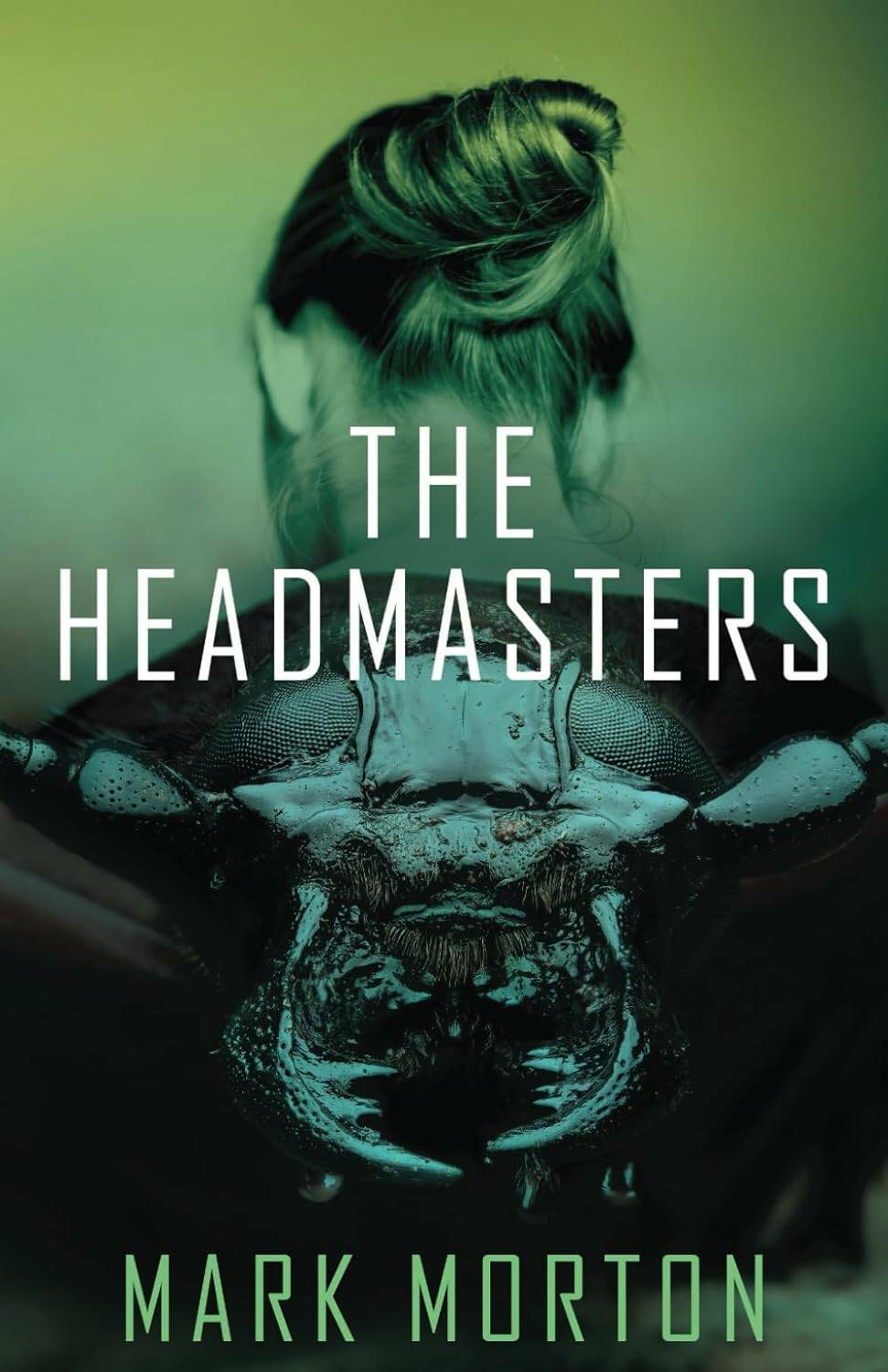Young-adult sci-fi debut deftly mulls humanity, freedom
Advertisement
Read this article for free:
or
Already have an account? Log in here »
To continue reading, please subscribe:
Monthly Digital Subscription
$0 for the first 4 weeks*
- Enjoy unlimited reading on winnipegfreepress.com
- Read the E-Edition, our digital replica newspaper
- Access News Break, our award-winning app
- Play interactive puzzles
*No charge for 4 weeks then price increases to the regular rate of $19.00 plus GST every four weeks. Offer available to new and qualified returning subscribers only. Cancel any time.
Monthly Digital Subscription
$4.75/week*
- Enjoy unlimited reading on winnipegfreepress.com
- Read the E-Edition, our digital replica newspaper
- Access News Break, our award-winning app
- Play interactive puzzles
*Billed as $19 plus GST every four weeks. Cancel any time.
To continue reading, please subscribe:
Add Free Press access to your Brandon Sun subscription for only an additional
$1 for the first 4 weeks*
*Your next subscription payment will increase by $1.00 and you will be charged $16.99 plus GST for four weeks. After four weeks, your payment will increase to $23.99 plus GST every four weeks.
Read unlimited articles for free today:
or
Already have an account? Log in here »
Hey there, time traveller!
This article was published 27/04/2024 (588 days ago), so information in it may no longer be current.
In 1951, Robert Heinlein’s The Puppet Masters imagined an invasion of Earth by “slugs” which attached themselves to humans, forcing them to cooperate in their own subjugation.
Canadian author and journalist Mark Morton sets his fascinating first novel, about similar such slavery, a century from now.
Morton is currently at the University of Waterloo, and has written widely on food and other cultural topics. His books on linguistics include The Lover’s Tongue and Dirty Words: The Story of Sex Talk; on food he has written Cupboard Love: A Dictionary of Culinary Curiosities, while 2008’s Cooking with Shakespeare combines Morton’s interest in food with his PhD in 16th-century literature.

The Headmasters
Scientific facility Blue Ring was disabled by an electromagnetic pulse (EMP) — “The Big Out” — 60 years earlier. Now a few original residents, and their descendants, are “possessed” by hard-shelled Headmasters, attached to their backs, permanently connected to their bodies and brains.
The parasites coerce schedules, jobs and behaviours for their own survival during the daily “grip’” when everyone works mindlessly, and the oblivion of nightly “darkening.” Only during the evening “slackening,” when Headmasters seem dormant, can people interact entirely as themselves.
But they can’t talk about the past or plan the future. Headmasters retain earlier hosts’ memories; ideas or images from the past can trigger devastating, even debilitating, cascades of confusion.
The novel opens with the narrator, Maple, being “harvested” — infested by a Headmaster whose former host had died. She becomes a “picker,” gathering berries which the “biscuiteers” combine (with less-edible plants, and slugs, from the “grubbers”) into the foul wedges which make up the Ring’s diet.
Everyone conforms to “toil” groups. Some solitary occupations include breeding, or caring for the children not yet old enough to be given to a Headmaster.
Social groups include The Inwards, like Maple’s grandfather Jacob, who ponder the world as much as they can while themselves. Jimsons use herbs and alcohol to escape thinking about life. The Thankfuls gather to celebrate their appreciation of the Headmasters’ control.
The Headmasters is eminently readable and exciting, while jumping around in time and consciousness. As Maple matures, she begins to commune with her late grandmother, Zara. Incorporating those memories becomes a kind of vision quest, through kinikatos (Plains Cree for pointed arrow) — meditation which might affect the Headmasters’ oppressive rule.
Many other characters are equally engaging and memorable; it’s easy to become invested in their lives and struggles. The lack of hope for freedom, and complicated attempts to come to terms with their situations, reflect real human experience.
While The Headmasters is easy to classify as young adult literature, it frequently complicates its ideas and dilemmas beyond that category. Rereading unearths allusions, imagery and clever rhetoric, allowing the reader to consider Morton’s world from interesting perspectives. While some of the concepts conform to particular social or political positions, Morton avoids many pitfalls of heavy-handed identity politics and stereotypes, for a refreshingly universal appeal.
The fantasy components are anchored in spiritual and personal philosophy, and might just illuminate decision-making in society.
Linguistic flourishes and futuristic dialect also work well. One character has a broad set of down-under idioms, which helps Maple think about language and personal expression.
Are the Headmasters and The Big Out related? How is memory involved in personhood? Can people balance the drudgery of various kinds of existence with self-expression and dedication to freedom? Will Blue Ring’s resistance extend beyond Ontario — perhaps in a series?
Less beholden to a particular era than Heinelin’s The Puppet Masters, The Headmasters is a worthy companion to books such as Margaret Atwood’s The Handmaid’s Tale and John Wyndham’s The Chrysalids (to which it alludes) in contemplating humanity and freedom in a Canadian context.
Bill Rambo is a retired high school teacher. Much of his career was spent celebrating the nuances of classic young adult literature.
History
Updated on Sunday, April 28, 2024 1:25 PM CDT: Corrects timeline of book


